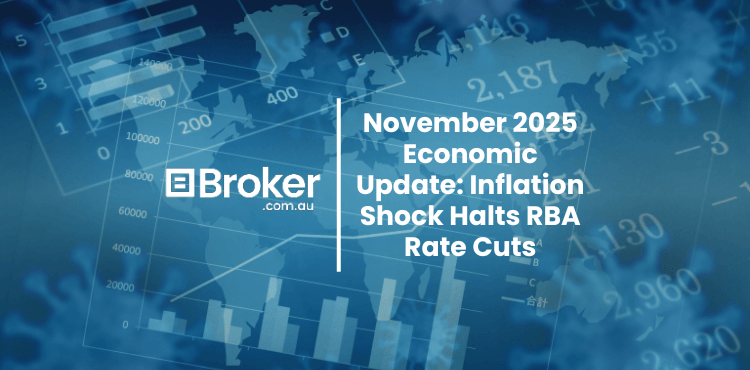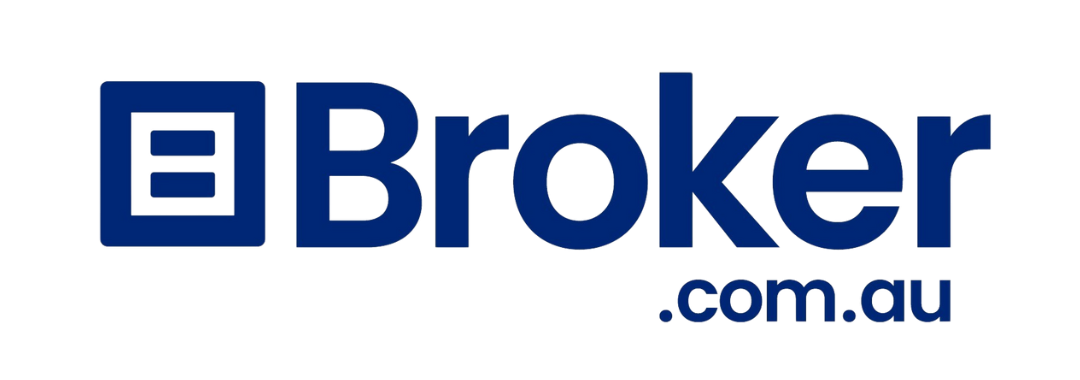Business finance
Trade finance
Trade finance is any form of finance that is issued to support international trade.

Loan size
$20K To $2M
loan term
30 to 180 days
Interest rate
5% to 30%
Approval speed
Medium
Trade finance
Key features of trade finance
Trade finance include letters of credit, debtor finance, supply-chain finance, export credit, insurance or any other business loan especially designed with the complexities of international trade in mind.
Trade finance companies often act as third parties to remove financial and/or supply risk in international transactions. Trade finance can be provided by banks, online lenders and specialized trade finance companies as well as private syndicates.
Compare trade finance
Advantages and disadvantages
The use of trade finance is widespread according to the World Trade Organization which estimates that 80-90% of global trade is supported by trade finance.
Advantages
What are the advantages of trade finance
- Reduces risk related to international trade including risk of non-payment or non-delivery
- Can cushion against impact of adverse currency movements
- Simplify trade involving multiple currencies and counterparties
Disadvantages
What are the disadvantages of trade finance
- Lenders usually require collateral in the form of property, assets or invoices
- Application process may be slower
- May be costly depending on the region and / or counterparty
- Availability can be limited when trading with regions with high political risk
- Typically short-term financing
Common Uses & Good To Know
Everything else about trade finance

Common uses
Access to trade finance can reduce the risks inherent in doing business abroad including currency movements, difficulties in assessing creditworthiness and the payment ability of counterparties as well as political or geographic risks.
Trade finance is frequently used to relieve competing desire for upfront payments from exporters and the risk of non-shipment for importers by placing a bank or finance company as a third party which can provide a letter of credit to the exporter guaranteeing payment when proof of shipment is received.
Another frequently used form of trade finance is a guarantee posted by a bank or finance company that states that if a party fails to fulfill their contracted obligations (payment or goods delivery), the bank or finance company will step in and pay the beneficiary of the guarantee.
Trade finance can also simplify trade involving multiple currencies and insulate your business from sudden and detrimental currency movements.
Good to know
Due to the inherent risks in international trade, trade finance companies will usually require collateral, be it in the form of property, other assets, or an invoice. In fact, according to the EFIC 2018 International Business Survey, of the 40% of businesses that applied for funding in 2018 but were unsuccessful, 49% were so due to collateral requirements being too high or the business having inadequate collateral.
Other reasons for unsuccessfully securing finance included costs being too high (22% of respondents) and the application process being too slow and cumbersome (21%). A business finance broker can help locate the best pricing in the market and assist in preparing the paperwork to make the application process faster and smoother.
When trading with countries or regions with higher political risks, trade finance may not always be available.
Trade finance is typically short-term financing covering a specific contract or sale/purchase. Borrowers looking for longer term financing should look at secured business loans or a business line of credit.
Alternative Commercial Lending options
Other Business Finance Products
Secured Business Loan
A secured business loan is a loan made by a bank or finance company where the lender requires the borrower to pledge assets as collateral against the loan.
Unsecured business loan
Unsecured business loans are loans made without requiring business collateral such as property or inventory.
Business line of credit
A business line of credit is a very flexible form of lending where you have cash available to draw down on as and when you need it.

Business Overdrafts Explained: How They Work & When They Make Sense
Learn how business overdrafts give flexible access to funds, helping manage cashflow and grow your business.

November 2025 Economic Update: Inflation Shock Halts RBA Rate Cuts
Nov 2025 Economic Update: Inflation pauses, RBA holds, housing rises, jobs shift, US shutdown cools growth, and a new minerals deal emerges.
Trade finance FAQ
Frequently asked questions
Borrowers who quality for trade finance typically resemble borrowers who qualify for other types of secured finance.
The bank of finance company will request financial statements, credit history and information about customers and copies of any contracts or invoices that are to be financed.
If the bank or finance company is taking a third party or guarantor role, they will want information about the buyer and seller to ascertain the level of risk they are taking.
